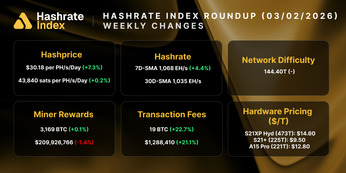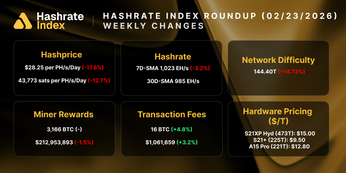
Ethereum Developers Delay Difficulty Bomb Until June 2022
With Ethereum 2.0's launch delayed until next year, Ethereum developers are trying to disarm Ethereum's difficulty bomb yet again.
Ethereum developers are looking to delay the network's difficulty bomb once again, a necessary measure to make sure Ethereum mining doesn't come grinding to a halt before the planned transition to proof-of-stake.
Developers proposed the delay in EIP-4345, an Ethereum Improvement Proposal which would be included in a December hard fork with the sole purpose of disarming the bomb.
First introduced in 2015, the difficulty bomb is a technical feature which, once it's set off, will exponentially increase Ethereum's difficulty so that miners take so long to find blocks that the network becomes unusable. The technical landmine was created to force the Ethereum community onto Ethereum 2.0 when/if it launches, but this transition has seen multiple setbacks and delays in its own right, leading developers to delay the difficulty bomb's detonation five times.
The Ethereum developer community has set Ethereum 2.0's new launch for next Spring; it was originally slated to go live in 2019.
The news of the difficulty bomb's delay will no doubt be a relief to Ethereum miners. Still, it's not the biggest surprise, as many have been betting on continued delays to the long-promised 2.0 iteration of the second most popular cryptocurrency. Hut8, for instance, recently launched its Ethereum mining farm and have been tapping Luxor for pool management.
Luxor is a strong proponent of proof-of-work and we believe that Ethereum's pending move to proof-of-stake is ill-advised. But then again, with so many delays already, maybe this won't be a problem we have to face anytime soon—or ever, for that matter.
Hashrate Index Newsletter
Join the newsletter to receive the latest updates in your inbox.








